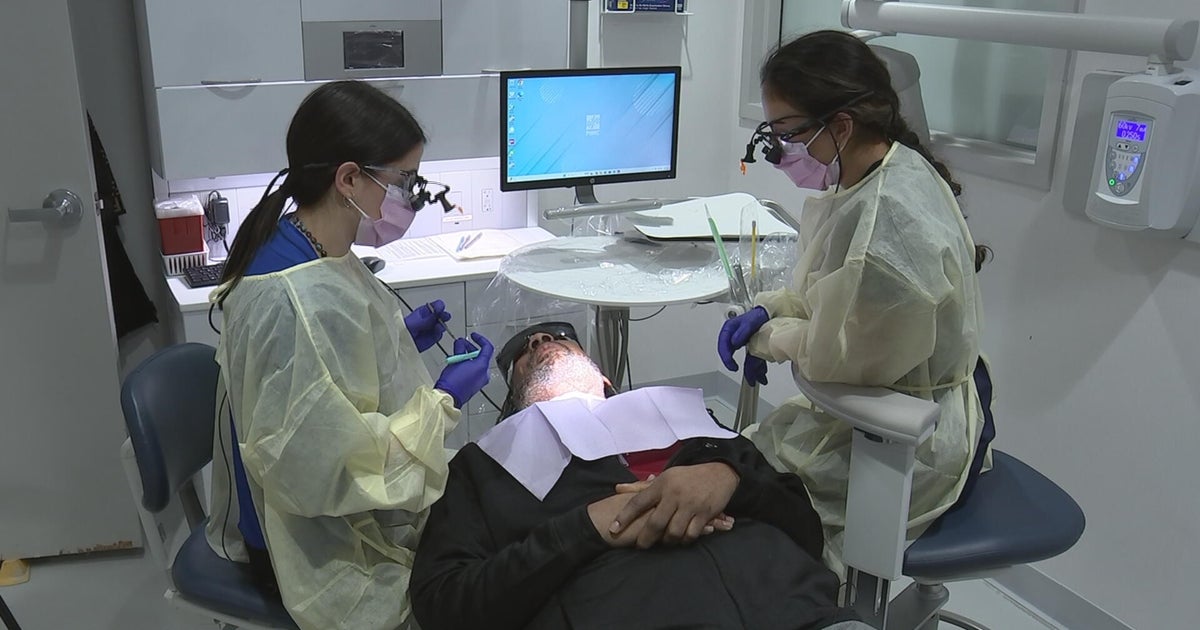What to know about coronavirus testing
As coronavirus has spread across the country, so too have fears about what to do if you get it. Testing is not yet widely available, and there is no vaccine.
But for those who experience symptoms, which include a dry cough and a runny nose, the answer isn't to go to a hospital.
"One of the things we don't want people to do, if you have the beginning of what seems like a cold, is go to the emergency department to be tested," said Gary Procop, the Vice Chair for Pathology Education at the the Cleveland Clinic's Pathology & Laboratory Medicine Institute. "Because then you've kind of contaminated everyone and everything you interact with."
Procop recommended prioritizing telehealth services that enable doctors to consult with patients remotely.
"If you have a minor upper respiratory infection that seems flu-like, you may not need to be tested. You really should just self-quarantine," Procop said.
Procop's comments were echoed by President Trump, who declared a national emergency on Friday afternoon at the White House.
"We don't want people to take a test if we feel they shouldn't be doing it," Trump said.
Testing in the United States remains scarce, with under 2,000 tests currently conducted nationwide each day, according to CDC statistics. But the ability to test more people may soon increase. On Friday, the FDA authorized labs to test using a "high-volume" system made by Swiss healthcare company Roche. The system is widely used in labs and can process up to 4,128 samples per day, according to a company press release, returning results in as little as three hours.
"It's a very nice solution, because it has such high throughput," Procop said, referring to the number of tests the system can run each day.
Trump said the Roche system means up to half a million tests will be available by the end of next week, a significant jump from the nation's current testing capacity.
The government hopes to streamline the process for Americans to determine if they should be tested and where they should go for testing, according to Deborah Birx, the White House's coronavirus response coordinator.
At the press conference, Birx said the federal government is working with Google to create a screening website on which people can determine if their symptoms qualify them for testing. The website is not yet live — but when it is, Birx said those who need to be tested will be directed to drive-through labs around the country.
Procop said at drive-through clinics, throat swabs are collected with minimal interaction, allowing patients to return home to self-quarantine while waiting for results.
"And in most instances if that test comes back positive, you're going to just continue to do the same thing. Stay in self-quarantine so you don't spread the virus to others," he said.
Vice President Mike Pence said at the press conference that the federal government would be able to say by Sunday when the website might be live.
On Friday evening, Google posted a statement from Verily Life Sciences, a subsidiary of Google's parent company Alphabet, Inc. Verily said in the statement that a website is in the early stages of development and may soon begin testing in California's Bay Area.
"We are developing a tool to help triage individuals for COVID-19 testing. Verily is in the early stages of development, and planning to roll testing out in the Bay Area, with the hope of expanding more broadly over time," the company said.



